
Political rifts are less deep in Switzerland than elsewhere

In many countries, people with different political views are becoming increasing polarised. However, in Switzerland emotional political rifts have not widened, a new study by the University of Basel shows.
Around the world, there are signs that people are becoming more polarised in their political views, leaving little room for different opinions. Experts refer to this as affective or emotional polarisation. This is particularly apparent in the US, but also in countries such as Slovakia, where the recent assassination attempt on Prime Minister Robert Fico was linked to the contentious political climate.
What about Switzerland? Various indications suggest that political rifts have also opened up here. This has been fuelled by the Covid-19 pandemic in particular, but also the wars in Ukraine and Gaza.
However, a team of researchers has now concluded that emotional polarisation in Switzerland has barely changed over the past two decades. It is the first scientific study conducted on this topic in Switzerland. In addition to other sources, the team led by Alois Stutzer, professor of political economy at the University of Basel, used data from the opinion poll “How are you, Switzerland?”. This poll was conducted in 2023 by the research institute gfs.bern on behalf of the Swiss Broadcasting Corporation (SBC), SWI swissinfo.ch’s parent company.
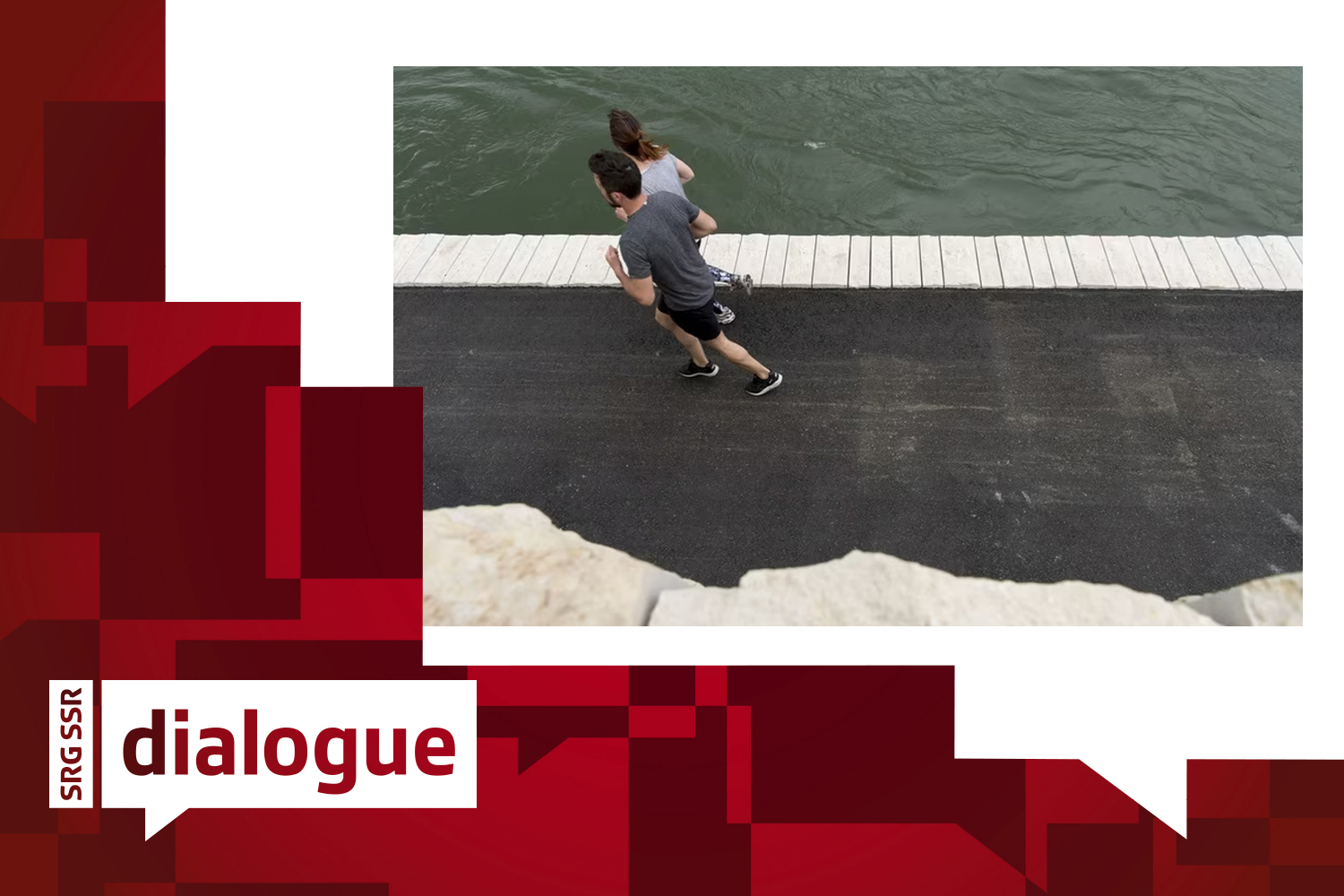
More
Swiss Abroad, how are you doing?
‘Political riffs have not widened’
This is good news for Switzerland and its democracy. “If emotional polarisation is very pronounced, then we have a problem in democracy,” says Stutzer. A highly cultural and political diverse country such as Switzerland can only exist in the long term with citizens who engage in discord, but who do not see their political opponents as enemies.
According to the study, there was a brief period between 1999 and 2003 in which affective polarisation increased significantly. Since then, it has remained at a constant. “Overall, the political rifts have not widened,” Stutzer concludes.
The economist can only speculate about the reasons behind this. According to him, the frequent referendums are one factor, as polarising issues can be put forth and addressed on a regular basis.
The electoral system is another reason, Stutzer says. “It forces political groups to come together time and again in changing constellations.” The researcher draws the following conclusion from his study: “The democratic conflict resolution mechanisms still seem to be working in Switzerland.”
Take part in our big survey for people living in Switzerland and the Swiss Abroad!
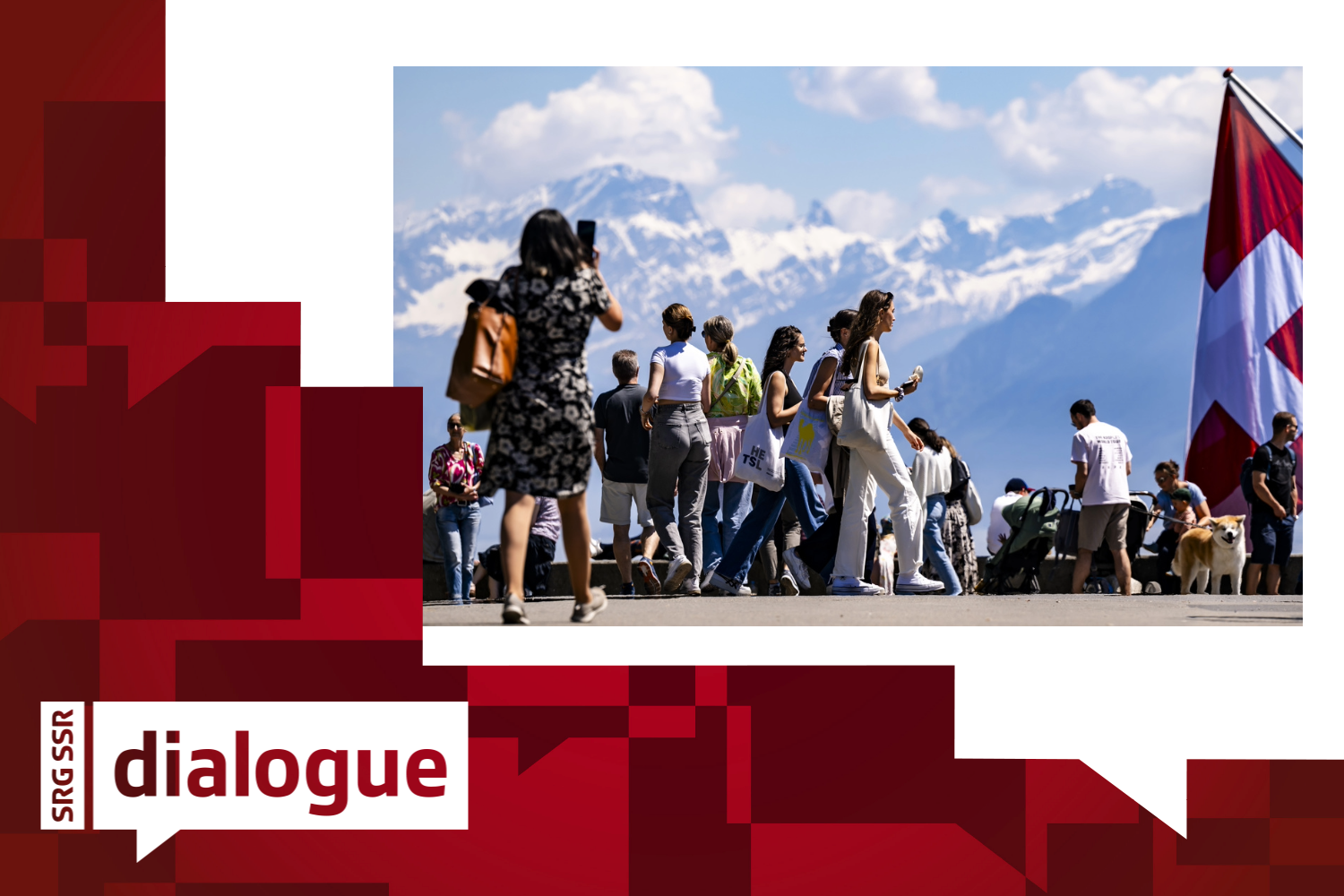
More
How are you? What is on your mind? Take part in our big survey
Less sympathy for political parties
Another finding of the study: Swiss people’s sympathies towards political parties have generally declined and reached a low point in 2023.
Recently, the polarisation on the left of the political spectrum has been in the spotlight due to the protests against the war in Gaza at Swiss universities. Does the study show whether emotional polarisation tends to occur on the left or the right wings? “No,” says Stutzer. “It always takes both sides. Based on the data, you can’t blame anyone for it.”
Adapted from German by Claire Micallef/amva

More
Newsletters

In compliance with the JTI standards
More: SWI swissinfo.ch certified by the Journalism Trust Initiative




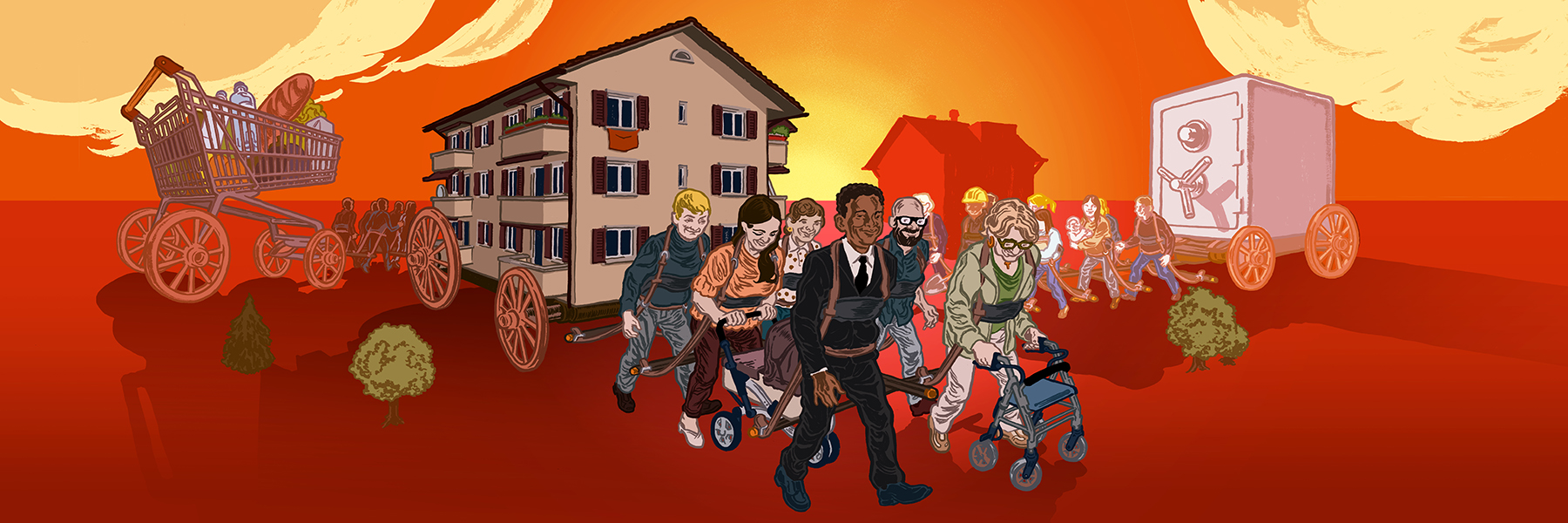






















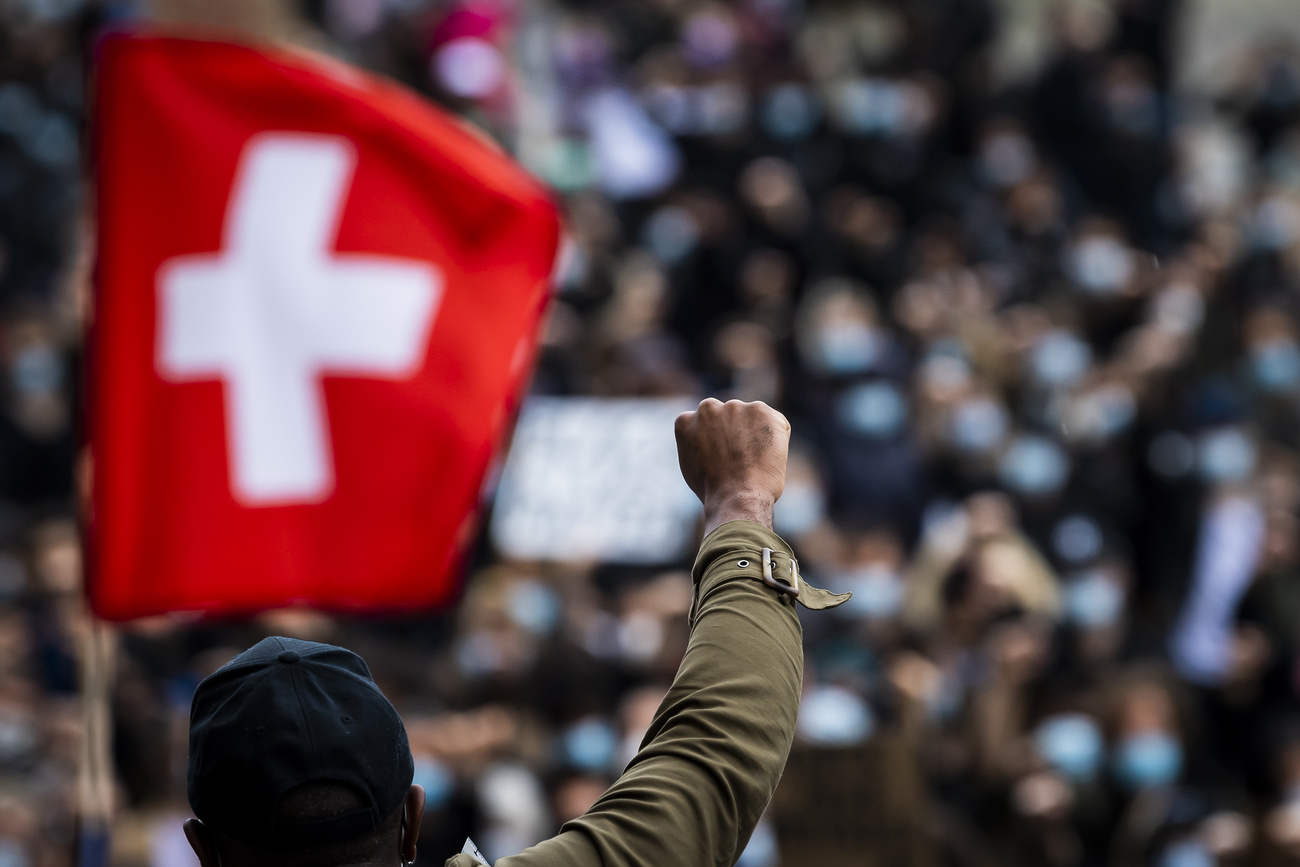
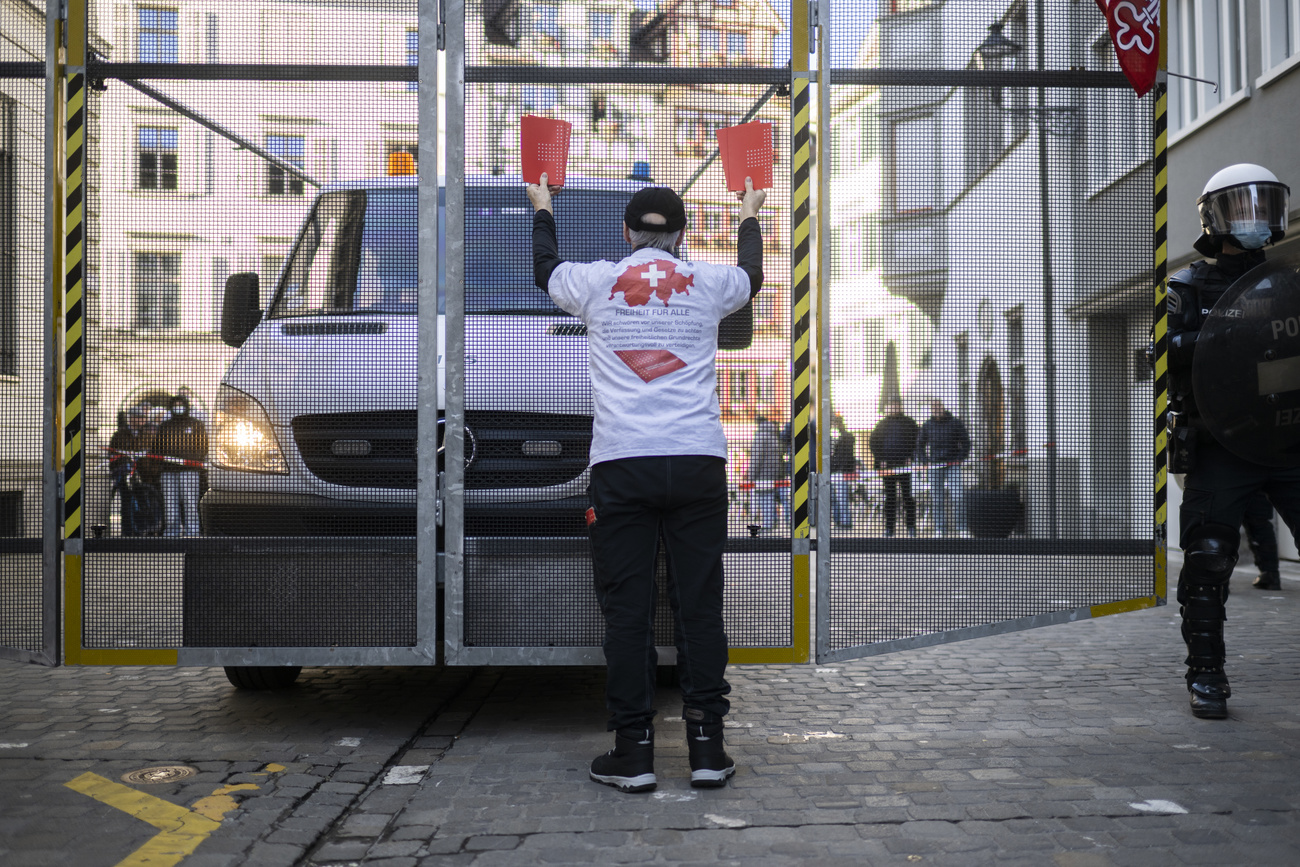
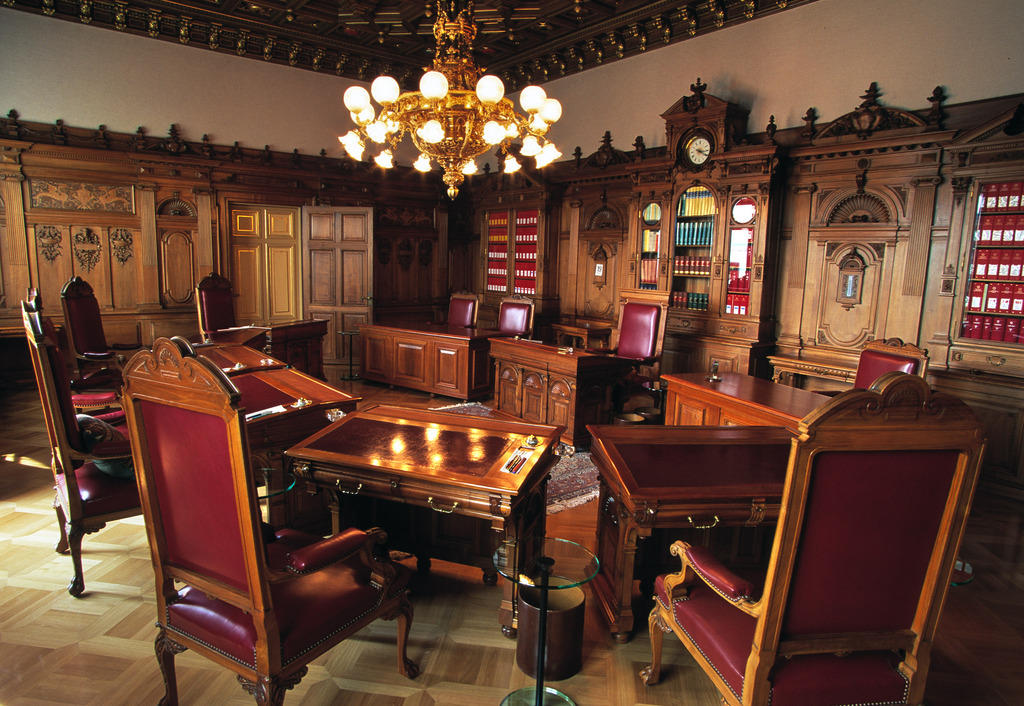

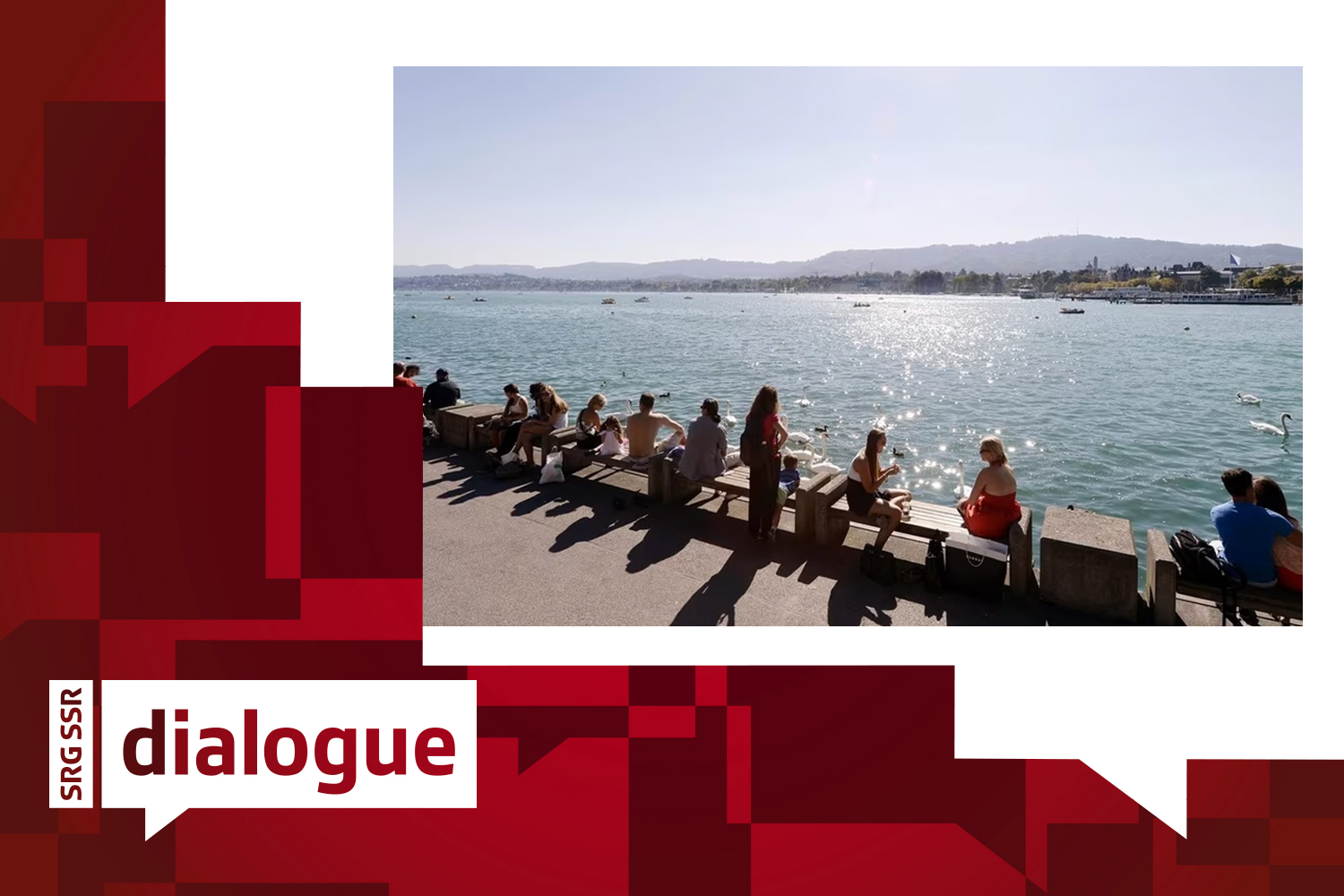
You can find an overview of ongoing debates with our journalists here . Please join us!
If you want to start a conversation about a topic raised in this article or want to report factual errors, email us at english@swissinfo.ch.